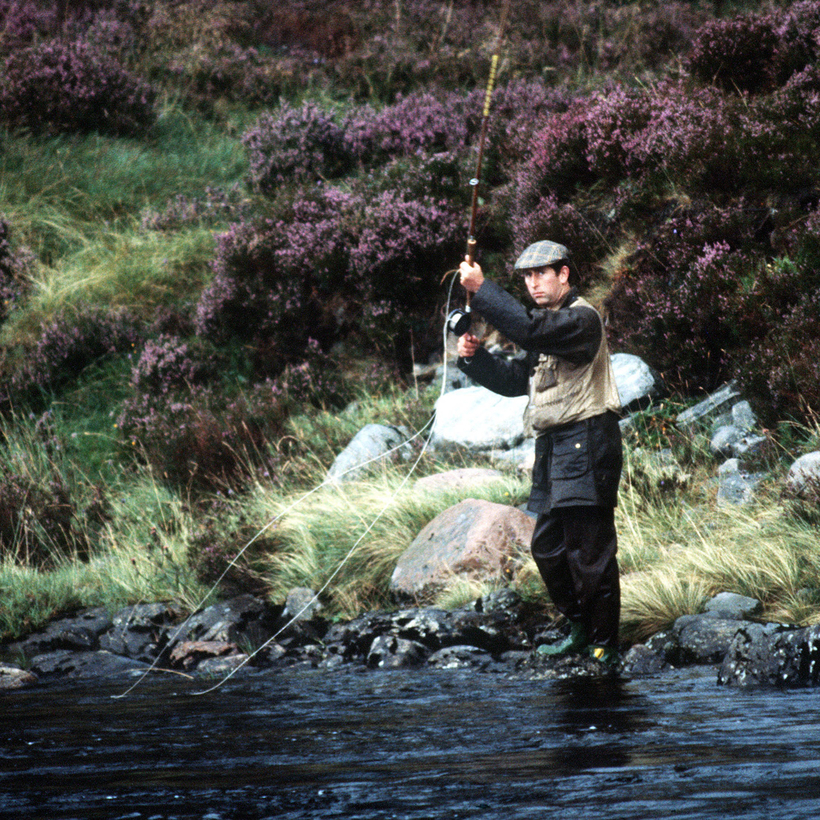In the summer of 1946, after sifting through the detritus of the Führerbunker and completing his best-selling book The Last Days of Hitler, the British historian Hugh Trevor-Roper went on a fishing holiday to Iceland.
The pursuit of salmon, trout, and char, he reported to friends in his native Northumberland, was “exhausting.” Having walked eight miles across lava fields in waders, carrying rod, tackle, and a four-pound bull trout, he decided to try an Icelandic pony.


